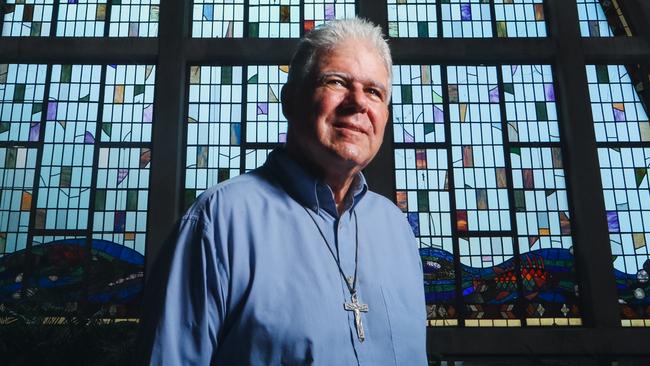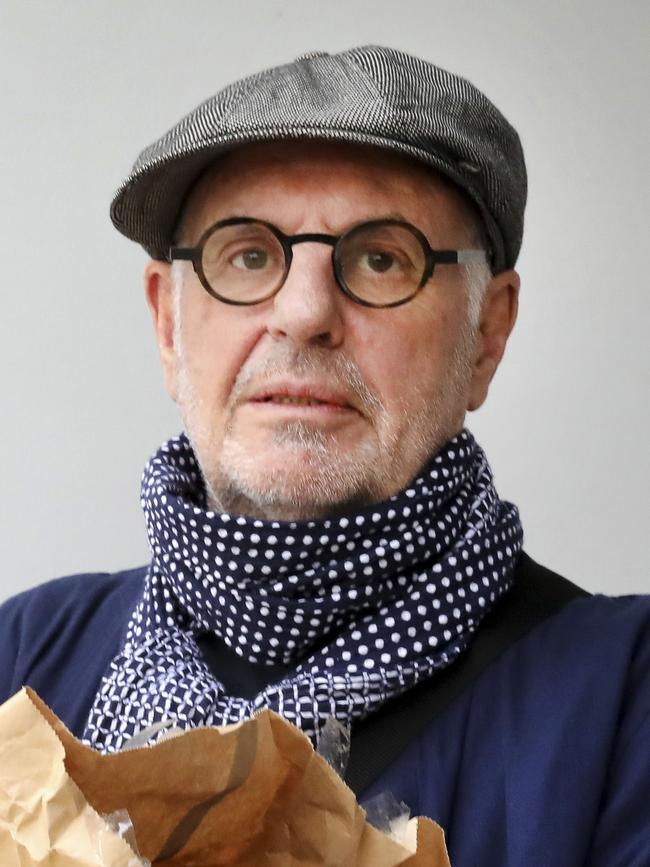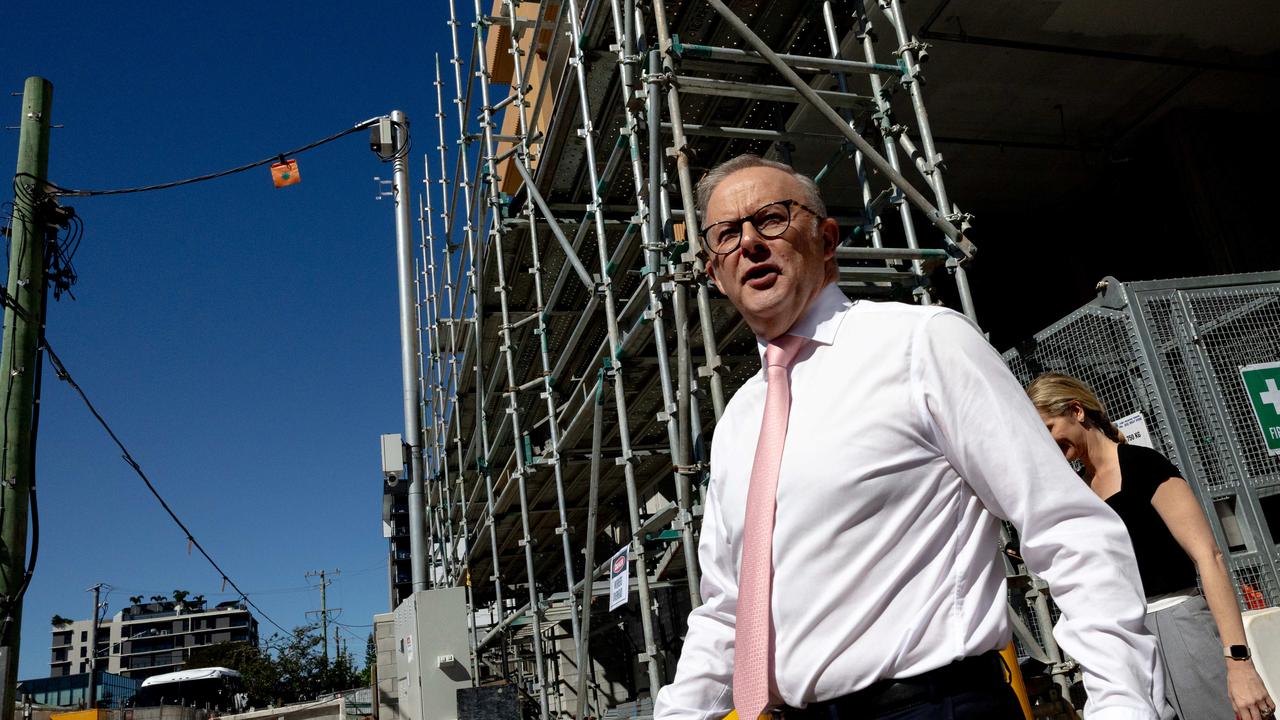VAD a risk to vulnerable folk, says Darwin Catholic Bishop Charles Gauci
Darwin Catholic Bishop Charles Gauci has raised concerns that introducing voluntary euthanasia in the NT without addressing existing inequalities could ‘further marginalise’ Indigenous communities.

The Catholic Bishop of Darwin has raised concerns that introducing voluntary euthanasia in the Northern Territory without addressing existing inequalities could “further marginalise” Indigenous communities, with a risk that safeguards will be eroded over time.
Charles Gauci said revelations the NT Labor government had surveyed Territorians on whether there was public support that voluntary assisted dying should be available on the basis of mental health conditions alone were concerning, and “undermines initiatives” to combat suicide rates.
He also questioned how a mechanism allowing dementia patients to leave advanced directives that they wished to access VAD once their condition progressed to the point that they could not consent would navigate “ethical concerns”.
Bishop Gauci said it was vital that Indigenous communities were consulted on their concerns regarding assisted suicide, particularly in relation to “culturally appropriate palliative care and end-of-life decision-making processes”.
“Indigenous communities often face unique challenges and vulnerabilities, including disparities in access to healthcare and cultural sensitivity in medical settings,” he told The Australian.
“Introducing VAD without adequately addressing these underlying issues could exacerbate existing disparities and further marginalise Indigenous communities.”
Bishop Gauci said opening VAD schemes to patients suffering from a mental health condition alone “contradicts our efforts to reduce suicide rates among this demographic and undermines initiatives aimed at assisting people with mental illness to lead fulfilling lives”.
He also said there was a “risk of gradual expansion and erosion of safeguards initially put in place”.
“This slippery slope phenomenon underscores the need for meticulous consideration of the long-term implications and ethical ramifications of introducing VAD legislation,” he said.
NT Opposition Leader Lia Finocchiaro said while it was important the consultation was broad, the survey questions did “raise serious alarm bells as to the scope of Labor’s intentions around VAD”.

The doctor who assisted the first terminally ill patients in the NT to end their lives, Philip Nitschke, who now leads pro-euthanasia body Exit International from The Netherlands, said it was “rather embarrassing” that the Territory was now last to introduce VAD.
Dr Nitschke said he supported euthanasia for suffering of any form including for “mental illness, physical illness or even social conditions”, but he had seen in Europe that opening assisted dying to psychiatric disorders and dementia was complex.
“You can be as sick as you can be with mental illness, but you’ve got to have mental capacity,” he said.
“If you don’t have mental capacity, that is if you’ve lost the ability to know which way’s up and down, say from dementia, then you will have had to have filled out an advance directive … when you did have mental capacity.
“If they’re holding a piece of paper which says ‘if I’m like this, kill me’ and it was signed 10 years ago, no one’s very enthusiastic about acting on those sorts of, albeit, legal instructions.”
Dr Nitschke, whose Australian medical licence was suspended in 2014 after he was accused of supporting a man to commit suicide, said he was working on an implanted device with a timer that would begin to tick after a year and release a lethal substance if not deactivated.




To join the conversation, please log in. Don't have an account? Register
Join the conversation, you are commenting as Logout